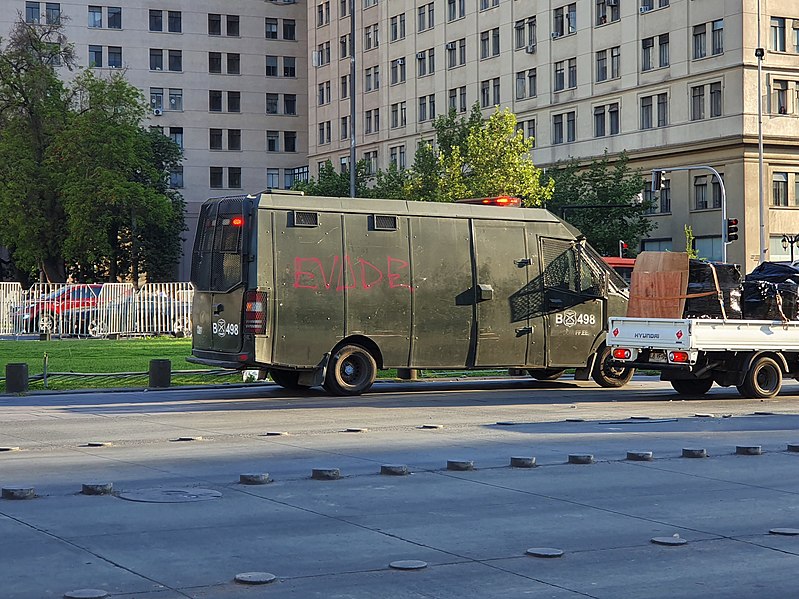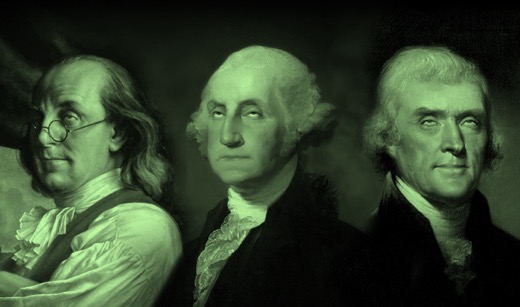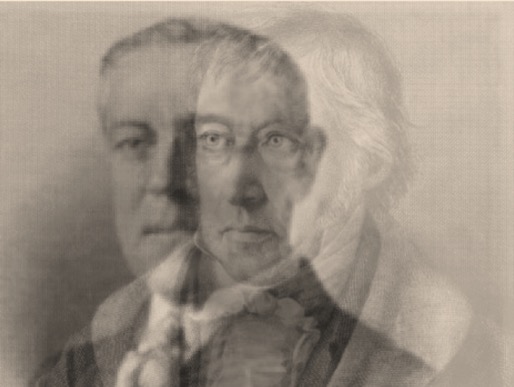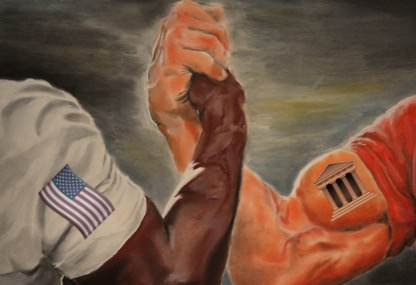Red October in Chile

Notes on the ground from a soul-sick Santiago.
Here in Santiago, we have recently seen a week of massive upheaval referred to by protesters as “Chile woke up.” What began as a student strike in which dissidents took the Metro without paying, eventually expanded into looting supermarkets and setting public buildings on fire. The unrest spread throughout Chile in less than 24 hours.
The Government—overwhelmed—was forced to send soldiers into the street and take control. One million people gathered in the central square of the capitol, Santiago. That’s 1/7 of the city’s total population. They had no leader, no particular manifesto, only a shared general discontent with the current political and social system. Significantly, this is a country showing numeric growth in macroeconomic terms, but in everyday life that development seems not to reach anyone. Or at least only a very few. The right-wing government is comprised of those elites who have benefitted from economic growth. These are the facts on the ground.
The question is about the demands. Many of them are legitimate—but do they point to spiritual needs, or just to a material desire for a share in the loot?
Chile’s situation echoes the American political moment: social disunity, political parties in flux, an elite disconnected from material and spiritual needs, and a seemingly stable democracy which is in fact constantly threatened by certain ideas. The vast majority of the population are becoming enamored with socialist progressivism, which is very dangerous because it threatens to destroy the underpinnings of democracy. Plato said it in the Republic: after an excessive and inopportune freedom, there follows the hardest and most bitter form of slavery, which is the ideological form.
Before I go further, some history.
Chile has one of the most stable democratic, political, and economic systems in its entire region. We are one of the few countries whose citizens can travel to the U.S. without a visa, and the only one in Latin America. We also hold the title of the country with the highest GDP in South America.
This has not come for free.
In 1970, the first socialist in the history of Chile was democratically elected. The government led by Salvador Allende was known as “UP” (Popular Unity). Its government program included the nationalization of virtually all large companies in all industries. During his government we received a month-long visit, with all the national honors, from Fidel Castro.
Paramilitary guards—civilians, long-haired university students, workers, and farmers (all of them armed)—made up what was called the “GAP” (Group of Personal Friends of President Allende). The weakening of Congress and the Senators, as well as of the Supreme Court, did not presage a good future for Chile. The constant lines to get basic and meagre food such as bread, milk and oil, and the appearance of hugely powerful war weapons—acquired on the pretext of defending ourselves from the “North American Empire” and “Capitalist Empire”—foreshadowed what would come.
Congress, as well as people in the streets and even centrist political parties, began to sound the alarm of a military intervention. The constitutional order was not being respected.
On September 11, 1973, an attack was made on the Palacio de la Moneda (the Chilean equivalent of the White House), in order to overthrow a president who had already become constitutionally illegitimate.
Seventeen years later the president of the Military Government Board, General Augusto Pinochet, made calls for democratic elections to leave the military government to civilians, restore the integrity of our political parties, and put an end to the long and difficult years of military government.
During those years, in the middle of the Cold War, Pinochet’s military government was branded by some sectors as a “Dictatorship”. It was known internationally and historically more for excesses and crimes against Human Rights than for anything else.
However, less publicly known was the implementation of an economic-social system that allowed the economic stabilization of Chile during the Cold War. Outstanding academics went to train at the School of Economics at the University of Chicago—they were known in Chile as the “Chicago boys”. The policies they implemented were loyal to the guidelines of Milton Friedman, Arnold Harberger and others. Friedman himself called this implementation “the Chilean miracle.”
Only thanks to the existence of a military government, which held all powers, was it possible to insert these economic measures produced in Chicago. Hence the name: the “Chilean miracle”. These ideas were even stamped on the new Political Constitution drafted by the Military Government, which also included protections to the political system to prevent misadventures such as those carried out by Allende. The bottom line of this new constitution was to protect democracy, but it also included, at the same time, these economic measures.
Things Fall Apart
The return to democracy from military government is unique in the history of Western civilization. The process, called “The Transition to Democracy,” was led by former Pinochet government ministers and figures who, in the 70’s, called for military intervention to restore order. These reformers were not from the right, but from center and center-left parties (the Christian Democrats, for example).
Chile’s stability was exemplary during the 90’s. The presidents were democratically elected—a center-right government was followed by a center-left one, but both agreed on the same underlying principles, the same fundamentals. Or so we thought.
Chile was developing at a rapid pace. We were inserted into trade agreements with the world’s leading countries. We were gaining respect for democracy. We became one of the exemplary countries for economic recovery.
For the past 15 years, Chile has been showing decelerated rates of development, and “inequality” has increased enormously, accentuating the extremes: the richest are richer and fewer in number, while the poor see their salaries stagnate. Although “extreme poverty” has been eliminated, the middle sectors are becoming gradually more impoverished as the cost of living increases. Chile has become one of the most expensive countries in the region, in all its industries. A large middle class, which has not participated in macroeconomic benefits, has been growing.
For 15 years, given this economic-social scenario, there have been increasing citizen strikes, discontent, and walkouts. As this has transpired, old socialist and even communist ideas have been re-emerging. Many sectors of the political center are being called “right-wing”, especially by the new generations. And the advance of a globalist, postmodern liberalism has inspired a desire for the benefits of the global economic system alongside an increasing conviction that all forms of inequality must be eliminated.
The Venezuelan crisis also exerts an influence of its own on us. We belong to the same region: our language and culture is the same as Venezuela’s. The crisis polarizes the region, even Chile. There are politicians who have highlighted the socialism of Chavez and Maduro. The current president of Chile, Sebastián Piñera, trusts the current economic model—as does his brother, who was one of the brains behind it. This despite their political differences: Sebastian Piñera is closer to the center-right, while his brother José is on the liberal right.
Sebastián is an entrepreneur and politician, one of the richest men in Chile. There is a similarity with the figure of President Donald Trump. The difference is that Piñera has been a politician since his youth. His fortune comes not from his family but from his ability to do business, even if some of his deals have lacked transparency.
This makes him an easy target as political figure for the revolutionary left: the rich thief in power.
Latin America lives now between Brazil’s Jair Bolsonaro, in Brazil, a quasi-Alt-right figure, and Venezuela’s Nicolás Maduro, a communist dictator. As you may imagine, the scenario is fraught.
An Oblivious Right and an Hysterical Left
Therefore we have here two interlocking developments, difficult to differentiate from one another. On the one hand, there is the legitimate discontent of a majority middle class with economic and social policies that served to stabilize the country but did not suffice to help the vast majority. On the other hand, and in contrast to this legitimate indignation, there are organized groups of violent cultural Marxists, stirring up discontent.
This influence is exerted by an old Left, already overthrown and discredited in the ’70’s. They have been out of political legitimacy for more than 30 years, but are exerting influence covertly over the culture. There are Chileans who grew up in the 80s with the idea, for example, that the United States financed, supported, and led the overthrow of the socialist Allende.
Ronald Reagan and the other American presidents have been used as figures of neoliberalism, capitalism and imperialism. In addition, the Left is angry because President Sebastián Piñera has led the region in condemnation of the Nicolás Maduro regime in Venezuela. The polarized scenario in Latin America prevents makes it dangerous to take a clear stance, and this Government has taken one.
Two weeks ago, on October 17, there was a week of “evasions” (attempts to ride public transit without payment) in the Metro of Santiago, Chile’s capital, by students. Most people, including those who paid for their tickets and did not evade, nevertheless supported the demonstration, arguing that young people “dared” to stimulate change. On October 18, the “evaders” began to confront the police. At the end of the day these clashes, curiously, overwhelmed the police force. That Friday night, two fires appeared in corporate buildings of private companies in the capital. Again, curious.
Looting was reported in supermarkets and banks. During the night, the President decided to deploy the military to protect public order. This single measure prompted the revolutionaries to unleash their fury: it was a scenario that nobody wanted, even if 40 years had passed. The serious thing was that military action was returning, to the surprise of many including the politicians, in less than three days.
With the military on the street, and the restriction of driving and walking outside at night, chaos broke out. Sectors of the Right condemned the president, some for not exercising authority and not stopping this before, others for the excess of allowing soldiers in the streets. Although few military personnel were actually deployed, the symbolism was dire. Looting, fires and robberies increased and spread to the rest of the cities of Chile in less than 24 hours.
Chile had a latent malaise. A little nitroglycerin, in the form of revolutionary action and anarchism on the part of the extreme Left, was enough to set things ablaze. It was the same thing that happened in Ecuador, Venezuela, Guatemala, Colombia and Argentina during all the strikes this year. Same pattern: assault on public transport systems in an untimely way. That is why many are still dismayed, and only now are coming to understand that the problem was greater and deeper than they had thought.
The Problem is Spiritual
What is next? The first thing, I think, is to take care of the institutional order and not give in to the first request made to the government. Then we need to make some deep changes in our economy and social system, strengthening social ties and granting greater social security through a system not of socialism but of subsidiarity.
The fear generated by this upheaval—in the entire population, but also in the politicians—makes it easy for government officials now to approve and accept conditions that under a normal regime of order and peace would be discussed institutionally in the Chamber of Deputies.
We must not believe that this is, in its entirety, a manifestation of social discontent against a neoliberal system of wild capitalism. Nor must we believe the inverse, that it is an isolated action of anarchist movements. It is both: there is social discontent in the face of a development that left its middle class forgotten, and the response has focused on macroeconomic figures, technicalities, and economics rather than integral development.
On the other hand, it should be added that Chile has severely neglected its intellectual growth and the cultivation of its soul. Today, there is a deep crisis and intellectual decline in Chile. Explosive development and economic stability has allowed us to lose sight of human issues such as the orientation of society toward its end, which is the common good.
This in turn has atrophied human relationships, destroyed family and neighborhood life, uprooted people from their localities, undermined patriotism and the military, and thwarted the cultivation of arts and humanities as our universities have become factories of employees for the labor market. This adds a third element to the current crisis: there has developed a mentality of wanting everything, and wanting it easy. Even people who disagree with the socialist system want the free benefits that it promises. This attitude has been passed on to an entire generation, the millennials.
So not only is there just and legitimate social discontent, and radical groups that want to take advantage of this, but there is also this third factor: a society decayed at the spiritual and intellectual level.
What is happening in Chile—our own Red October, or nearly—is important for the American audience to understand, because you are facing the same problem. This is one of the reasons, little understood in Chile, why President Donald Trump was elected. I think the similarity to Chile was precisely this: a legitimate social discontent of the majority during the Obama era, and an almost absolute disconnect between the progressive liberal agenda and the real daily needs of the people.
What has happened in Chile is far from being an act of rebellion or civil disobedience, understood as Locke or Tocqueville understood, because there is no rational or intellectual account motivating the agitators. There may be some of that in the background. But in essence it is closer to an emotional outburst, typical of dissolute societies. This does not mean that we just sit and contemplate what is going on. The battle against a faceless enemy, diluted, and intellectually decadent, is precisely the battle of ideas. A man with a clear idea of society, of politics, of the common good, of order and justice and fairness, will never be the target of these new tendencies.
Therefore it is necessary to act with determination, otherwise it will happen as Edmund Burke is said to have predicted: “The only thing necessary for the triumph of evil is for good men to do nothing.”
The American Mind presents a range of perspectives. Views are writers’ own and do not necessarily represent those of The Claremont Institute.
The American Mind is a publication of the Claremont Institute, a non-profit 501(c)(3) organization, dedicated to restoring the principles of the American Founding to their rightful, preeminent authority in our national life. Interested in supporting our work? Gifts to the Claremont Institute are tax-deductible.






